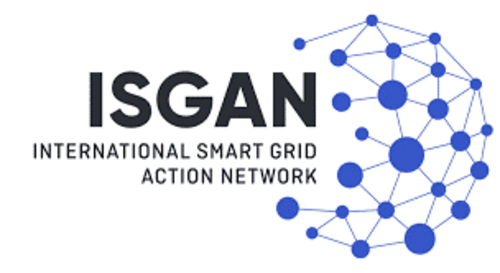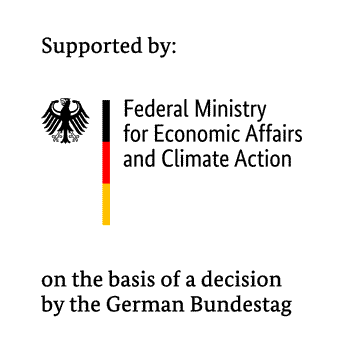ISGAN International Smart Grids Action Network
Motivation
There is a great need to reduce global CO2 emissions to meet the climate goals as well as increase higher electrification in developing countries to enhance economic growth and social equity. Distributed energy resources (DERs) play the main role in inducing cleaner energy transition. However, integrating the new DERs into the existing systems is facing different challenges from the policy point of view to the real deployment e.g. market design, variability of generation, load balancing owing to the fluctuation of variable renewable energy resources, changes in power flow, and the requirement for flexible energy resources. All of these challenges must be addressed to operate the power grid reliably and securely.
The ISGAN members work together within annex 6 and across other annexes through knowledge sharing to facilitate the smart grid technologies adoption and improve visibility and automated controllability to power system operators. The focus areas under the Annex 6 are expansion planning and market analysis, technology trends and deployment, system operation and security, and transmission and distribution system interaction.
Goal
ISGAN is the short name for the International Energy Agency (IEA) Technology Collaboration Programme (TCP) for a Co-operative Programme on Smart Grids or called International Smart Grids Action Network (ISGAN). ISGAN is the strategic network to support high-level government attention and action for the accelerated development and deployment of smarter, cleaner electricity grids around the world. The main objective of Annex 6 is to establish a long term vision for the development of the future sustainable power systems. The Annex 6 supports the understanding of smart grid solutions, accelerate development and deployment of technologies and market solutions, and promote adoption of enabling regulatory and governmental policies.
To accelerate reliable and effective coordination between transmission system operators (TSOs) and distribution system operators (DSOs), OFFIS will focus on monitoring the ICT-based smart grid technology development to explore the international best practices between TSOs and DSOs. A key aspect is to address the opportunity and challenges of emerging ICT-based smart grid technology deployment in other European and non-European countries to enhance flexibility coordination between TSOs and DSOs. Lessons learned from case studies will allow OFFIS to identify technical and non-technical challenges with the proven solutions.
Internal Leader
Scientific Director
Johann Schütz, Mathias Uslar, Jürgen Meister, Julia Köhlke; ISGAN 2021; March / 2021
Johann Schütz, Mathias Uslar und Jürgen Meister; Open Research Europe; 2021
Otte, Marcel and Kamsamrong, Jirapa and Lehnhoff, Sebastian; ISGAN 2024; July / 2024

Contact
Duration
End: 31.12.2027
Website of project
Source of funding




